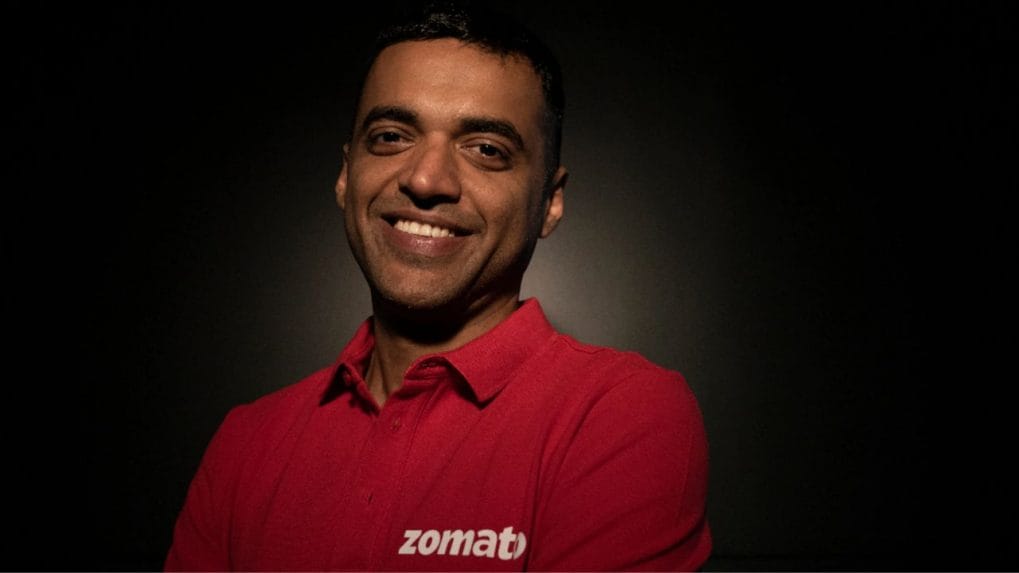Don’t need more people who agree with everything: Zomato founder Deepinder Goyal’s leadership test
As Eternal’s food delivery business gets a new CEO, Goyal outlines the values he believes should steer India’s fast-moving startup ecosystem.
ADVERTISEMENT
Deepinder Goyal, the founder of Eternal (Zomato), has seen enough leadership transitions to know that the true test of a company’s future isn’t just who is at the helm, but what they stand for. In a note to employees announcing Aditya Mangla as the new CEO of Eternal’s food delivery business, Goyal offered a window into the kind of leadership he wants to see, not only at the top, but at every level.
'Leadership is not just about knowing what to do. It’s about learning how to see,' Goyal wrote, urging his teams to embrace a way of thinking that looks beyond immediate wins to the ripple effects of each decision, large or small.
At a time when India’s startup ecosystem is facing a recalibration - where growth must coexist with profitability, and speed with discipline - Goyal’s philosophy highlights a quiet shift in how the country’s high-growth companies are thinking about leadership. The call is no longer for “move fast and break things” at any cost, but for leaders who can move fast while staying thoughtful.
“We need leaders and teams who can navigate complexity with decisiveness and humility. Leaders who can move fast but stay thoughtful. And who carry the courage to make decisions even when the outcomes are uncertain, and have the strength to stand by them or change their minds when needed,” Goyal wrote.
It is a style of leadership that prizes humility, adaptability, and what he described as “listening not to reply, but to understand.” He emphasized that feedback should be taken seriously, not personally, and that a relentless pursuit of perfection should not get in the way of steady progress.
The note also shed light on the interpersonal dynamics Goyal values. Mangla, he noted, has not shied away from disagreeing with him, an act that Goyal sees as a mark of genuine commitment rather than defiance. “We don’t need more people who agree with everything,” Goyal wrote, signaling to the broader team that healthy debate is not just tolerated but encouraged within Eternal’s culture.
Goyal added, "We need leaders who believe that building the right culture in the organisation is the most important job on our hands. And that entails taking hard calls around getting the right people off the bus, and putting the right people in the right places."
Above all, Goyal wrote, “we need leaders who care. Not just about the business, but about the people. About what we’re building. About doing the right thing, even when it’s hard or inconvenient."
This insistence on new culture-building reflects a broader evolution in the tech landscape, where founder-led companies are increasingly recognizing that their long-term durability will hinge on the culture they build as much as on the products they ship.
Mangla’s appointment also comes with a note of gratitude for outgoing CEO Rakesh Ranjan, who Goyal credited with stabilizing the business and building a culture of execution during a period of flux.
“Aditya will only be able to succeed if he gets the support and the challenge that every leader needs from their team,” Goyal said. In the end, he suggested, leadership is not about lone heroics but about the “strength of a system” where all parts work in sync.
For Eternal, and perhaps for India’s maturing startup ecosystem, Goyal’s note reads as a manifesto: leadership, in the next chapter, will require the humility to learn, the instinct to act and the courage to care.

